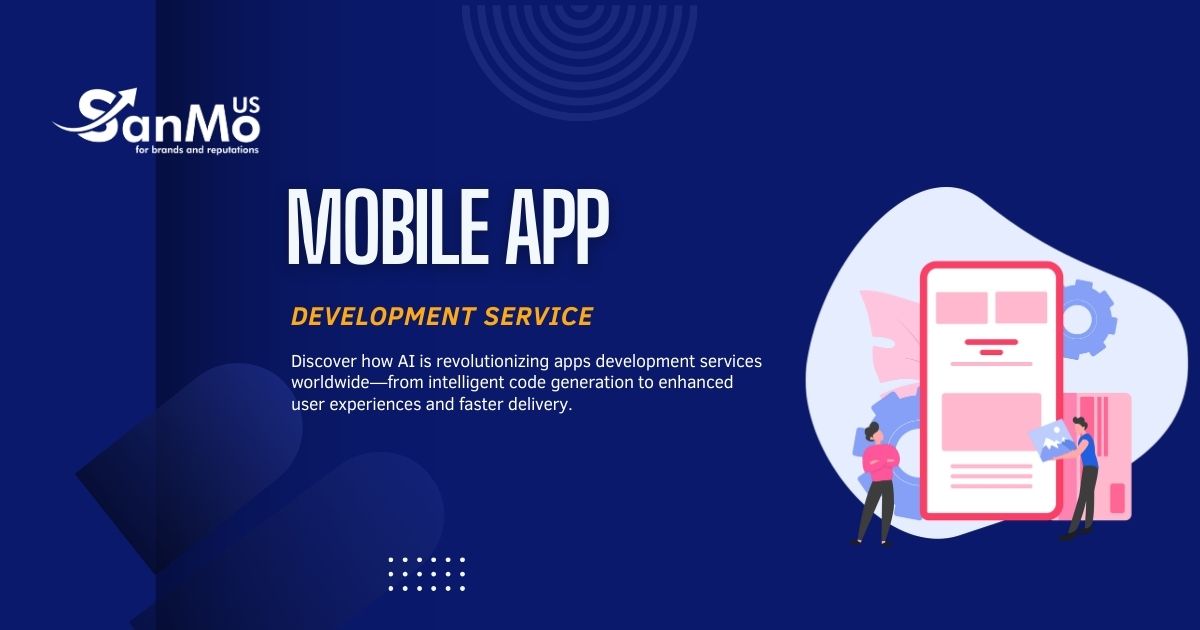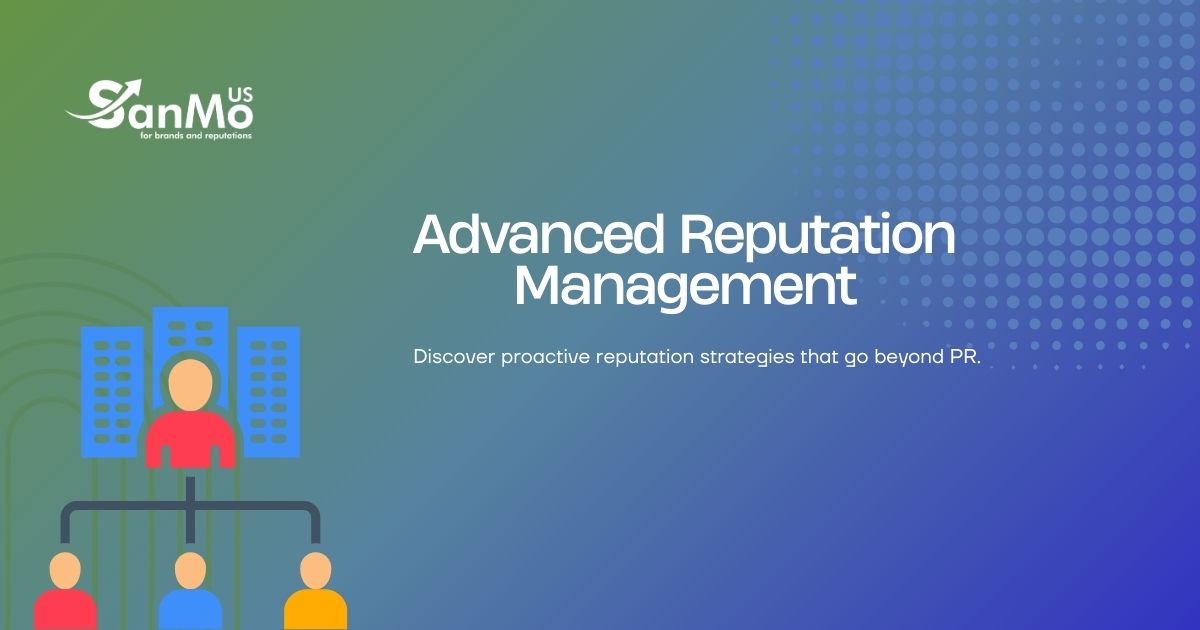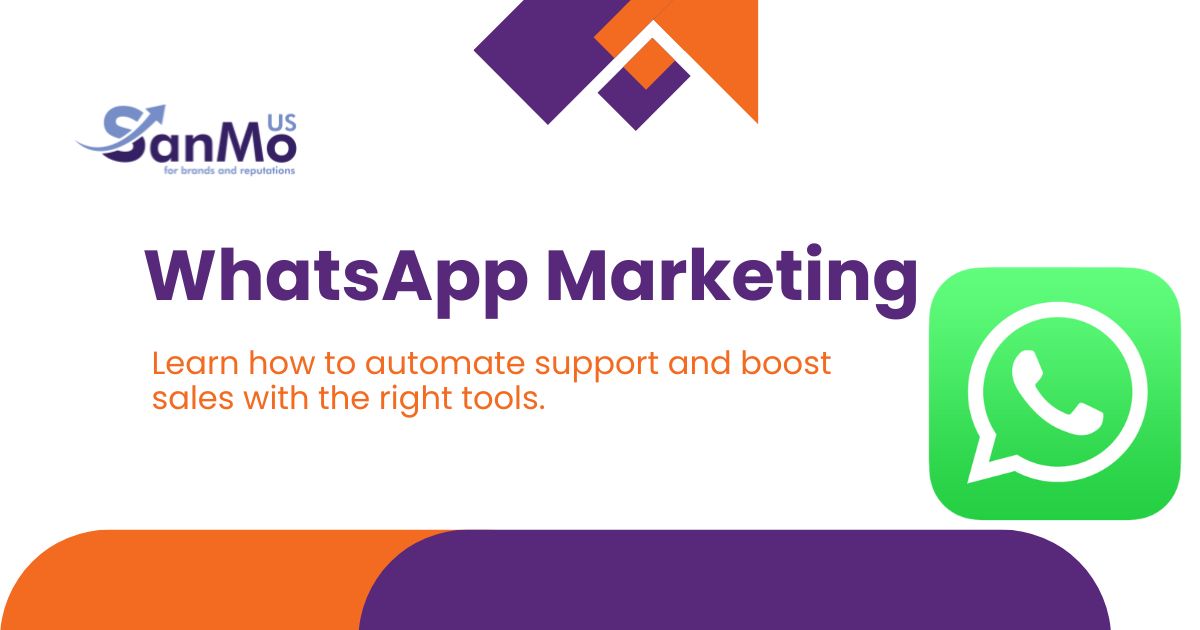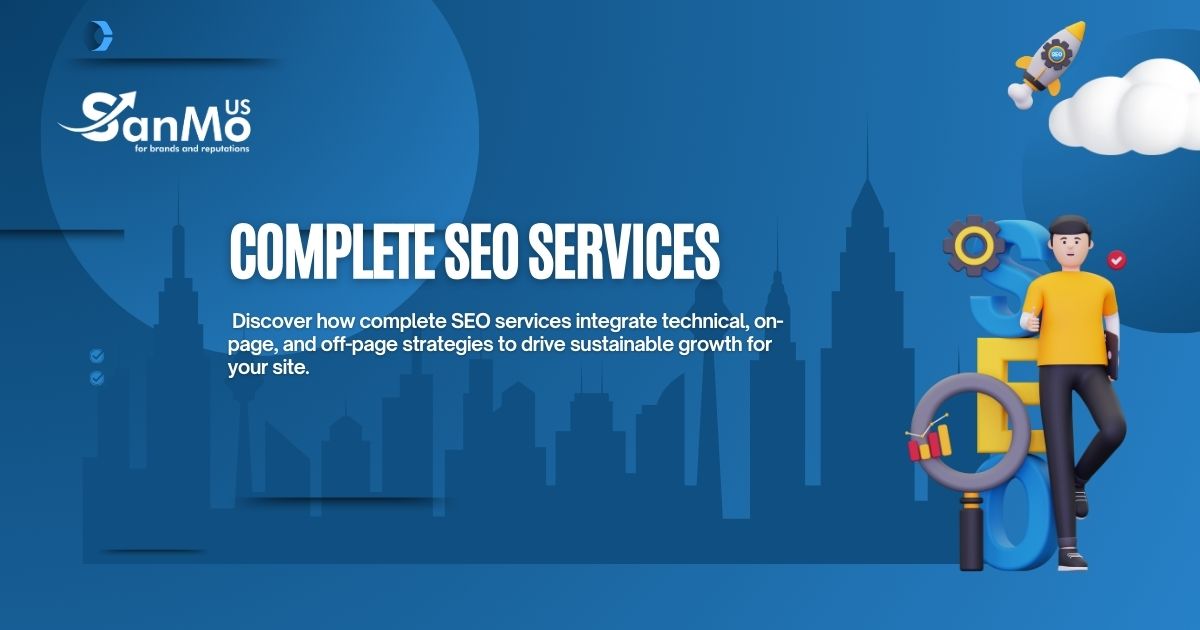Link building remains one of the most powerful ranking factors in SEO, but the tactics that worked a decade ago can now harm your website’s reputation and search rankings. The days of buying links in bulk or participating in link farms are over. Search engines have become sophisticated enough to detect and penalize manipulative link-building practices.
This comprehensive guide will show you how to build high-quality backlinks through ethical methods that provide genuine value to your audience while strengthening your site’s authority. You’ll learn proven strategies that not only comply with search engine guidelines but also create lasting relationships within your industry.
What is Ethical Link Building?
Ethical link building focuses on earning backlinks through legitimate means that provide value to both the linking site and its audience. Instead of manipulating search results through artificial link schemes, ethical link building creates genuine connections between websites based on quality content and mutual benefit.
The core principles include:
Transparency: Being honest about your intentions when reaching out to other websites
Value creation: Offering something genuinely useful to the target audience
Relationship building: Focusing on long-term partnerships rather than one-time transactions
Quality over quantity: Prioritizing high-quality links from relevant, authoritative sources
Why Ethical Link Building Matters
Search engines like Google have invested heavily in identifying and penalizing manipulative link-building practices. The Penguin algorithm update and subsequent refinements have made it clear that low-quality, spammy links can severely damage your search rankings.
Ethical link building offers several advantages:
- Sustainable results: Links earned through ethical methods are less likely to be penalized
- Brand reputation: Ethical practices protect and enhance your brand’s reputation
- Long-term relationships: Building genuine connections leads to ongoing opportunities
- Better targeting: Ethical methods typically result in more relevant, high-quality traffic
Content-Driven Link Building Strategies
Create Link-Worthy Content
The foundation of ethical link building is creating content that naturally attracts links. This requires understanding what motivates people to share and reference your content.
Original research and data: Conduct surveys, analyze industry trends, or compile original statistics. Data-driven content naturally attracts citations from journalists, bloggers, and industry publications.
Comprehensive guides: Develop in-depth resources that become go-to references in your industry. These guides should be more thorough than existing content and regularly updated to maintain relevance.
Visual content: Infographics, charts, and interactive tools often earn more links than text-only content. Visual elements make complex information more digestible and shareable.
Thought leadership pieces: Share unique insights, predictions, or controversial opinions that spark discussion and debate within your industry.
The Skyscraper Technique
This strategy involves finding high-performing content in your niche and creating something significantly better. Here’s how to implement it ethically:
- Research top-performing content: Use tools like Ahrefs or SEMrush to identify content with many backlinks in your industry
- Analyze the gaps: Identify what’s missing from the existing content or how it could be improved
- Create superior content: Develop more comprehensive, up-to-date, or better-designed content
- Reach out strategically: Contact websites that linked to the original content, explaining how your version provides additional value
Relationship-Based Link Building
Guest Posting Done Right

Guest posting remains effective when done ethically. The key is focusing on providing value rather than just getting links.
Research target publications: Look for reputable websites in your industry that accept guest contributions and have engaged audiences.
Study their content: Understand the publication’s style, audience, and content gaps before pitching.
Pitch unique ideas: Propose topics that haven’t been covered extensively and align with your expertise.
Focus on quality: Create your best work for guest posts, as they represent your brand to a new audience.
Building Industry Relationships
Networking within your industry creates natural link-building opportunities without explicitly asking for links.
Participate in industry events: Attend conferences, webinars, and meetups to connect with peers and potential collaborators.
Engage on social media: Share others’ content, comment thoughtfully, and participate in industry discussions.
Collaborate on projects: Partner with other businesses or experts on research, events, or content creation.
Support others first: Share, link to, and promote others’ work before asking for anything in return.
Outreach Best Practices
Personalized Communication
Generic outreach emails rarely succeed. Effective outreach requires personalization and genuine interest in the recipient.
Research your targets: Understand their content, recent posts, and potential interests before reaching out.
Find common ground: Mention shared connections, similar experiences, or mutual interests.
Be specific: Reference particular articles or aspects of their work that you found valuable.
Offer value first: Lead with what you can provide rather than what you want.
Crafting Effective Outreach Messages
Your outreach messages should be concise, personalized, and focused on mutual benefit.
Subject line: Keep it specific and compelling without being clickbait-y.
Opening: Reference something specific about their work or website.
Value proposition: Clearly explain what you’re offering and why it’s valuable to their audience.
Call to action: Make your request specific and easy to respond to.
Follow-up: Send a polite follow-up if you don’t hear back within a week or two.
Link Building Through Digital PR
Newsworthy Content Creation
Creating content that appeals to journalists and news outlets can earn high-quality links from authoritative sources.
Industry surveys: Conduct research on timely topics and share the results with relevant publications.
Expert commentary: Offer insights on breaking news or industry developments.
Trend analysis: Identify and analyze emerging trends before they become mainstream.
Local connections: Connect your business to local events, causes, or developments.
Building Media Relationships
Developing relationships with journalists and editors in your industry can lead to ongoing coverage and link opportunities.
Help first: Provide information, data, or expert commentary without expecting immediate returns.
Be reliable: Respond quickly to media requests and provide accurate information.
Stay accessible: Make it easy for journalists to reach you when they need expert input.
Share their work: Promote journalists’ articles when they’re relevant to your audience.
Measuring Success and Avoiding Pitfalls
Key Metrics to Track
Domain authority: Monitor improvements in your site’s overall authority scores.
Referring domains: Track the number of unique websites linking to your content.
Link quality: Evaluate the relevance and authority of sites linking to you.
Organic traffic: Measure increases in search engine traffic to linked pages.
Brand mentions: Monitor unlinked mentions that could be converted to links.
Common Mistakes to Avoid
Focusing only on metrics: Don’t chase high domain authority scores while ignoring relevance.
Neglecting relationships: Link building is about people, not just websites.
Being too aggressive: Pushing too hard for links can damage relationships and your reputation.
Ignoring link quality: One high-quality link is worth more than dozens of low-quality ones.
Not diversifying: Relying on a single link-building strategy limits your potential success.
Building Your Ethical Link Building Strategy
Successful ethical link building requires a systematic approach that aligns with your overall marketing goals.
Start by auditing your current backlink profile to understand where you stand. Identify your strongest content and analyze what makes it link-worthy. Use these insights to develop a content strategy that naturally attracts links.
Next, map out your industry landscape. Identify key publications, influencers, and potential partners. Build relationships gradually through social media engagement and valuable contributions before making any link requests.
Create a sustainable outreach system that focuses on quality over quantity. Develop templates that can be personalized for different situations, but always customize your messages for each recipient.
Finally, track your progress using the metrics that matter most to your business. Remember that ethical link building is a long-term strategy that builds momentum over time.
The investment in ethical link building pays dividends through improved search rankings, increased brand authority, and valuable industry relationships that extend far beyond SEO benefits.








